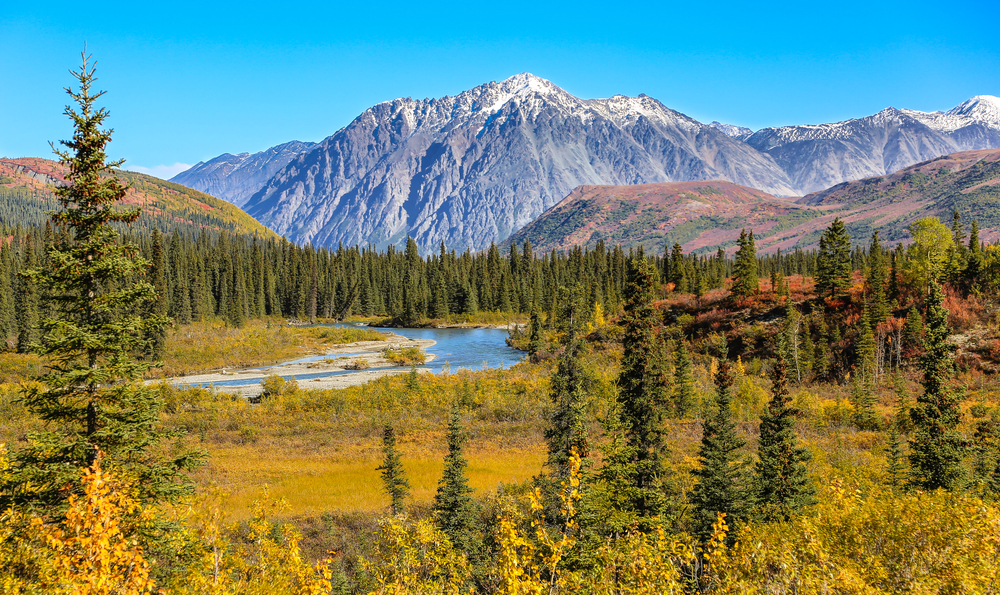In an important breakthrough, a recent study conducted by esteemed scientists from the National University of Singapore (NUS), Durham University, and Princeton University reveals a powerful solution to preserve Earth’s biodiversity. According to a press release from Durham University, the study emphasizes that reinforcing the protections of current conservation areas is just as vital as establishing new protected areas.
Addressing the gaps in current conservation efforts
The study looked at almost 5,000 terrestrial vertebrate species and discovered worrying gaps in their representation within protected regions. Approximately 70 percent of these species are either underrepresented or face probable habitat loss as a result of protected area downsizing, downgrading, or loss of official status (PADDD events). However, by focusing on improving existing conservation areas and developing park networks throughout just one percent of Earth’s geography, we can protect the habitats of 1,191 wildlife species that are currently threatened.
Lead author of the study, Dr. Yiwen Zeng of NUS, states, “We find that of these species, 1463 species have less than 10 percent of their habitats currently in protected areas… 2308 species have at least 100 hectares of their habitats falling within parks with documented PADDD events… and 407 species occur in parks that are likely to experience degradation in the future.”
The critical need for long-term protection
Downgraded, shrunk, or “degazetted” protected areas become subject to damaging human activities such as mining and infrastructure growth. These acts can result in habitat loss and degradation, putting innumerable species at risk. It is critical that governments around the world acknowledge the need of maintaining effective safeguards in these sectors. Dr. Rebecca Senior of Durham University underlines the importance of parks being strategically located, efficiently maintained, and long-lasting to ensure long-term conservation effects.
According to Dr. Rebecca Senior, “Designating parks on paper is not enough; they need to be in the right places, with the right management, and they need to last.”
Individual contributions and global cooperation
The establishment and preservation of protected areas is a watershed moment in human history for preserving our planet’s biodiversity. Individuals can actively participate in strengthening the protection of current parks by expressing their concerns to political leaders and lobbying for increased conservation efforts. Furthermore, visiting and responsibly supporting parks allows us to appreciate and connect with nature while also contributing to its conservation. Together with international initiatives like the Kunming-Montreal Global Biodiversity Framework, these joint acts have the ability to create positive change and safeguard the survival of our unique ecosystems.
“People need to let their political leaders know that they care about biodiversity,” expressed Dr. Yiwen Zeng, “and show their support for parks by visiting them and enjoying all they have to offer, just so long as they do so in accordance with park rules.”
As time goes on, the study emphasizes the crucial role of well-managed protected areas in sustaining Earth’s biodiversity. We can work together to safeguard our treasured ecosystems and ensure a healthy and flourishing future for all species on our planet by aligning our activities with the goals established in the Kunming-Montreal Global Biodiversity Framework.
Source study: Science Advances— Gaps and weaknesses in the global protected area network for safeguarding at-risk species











